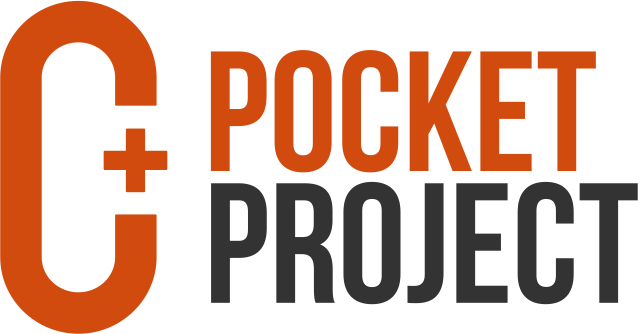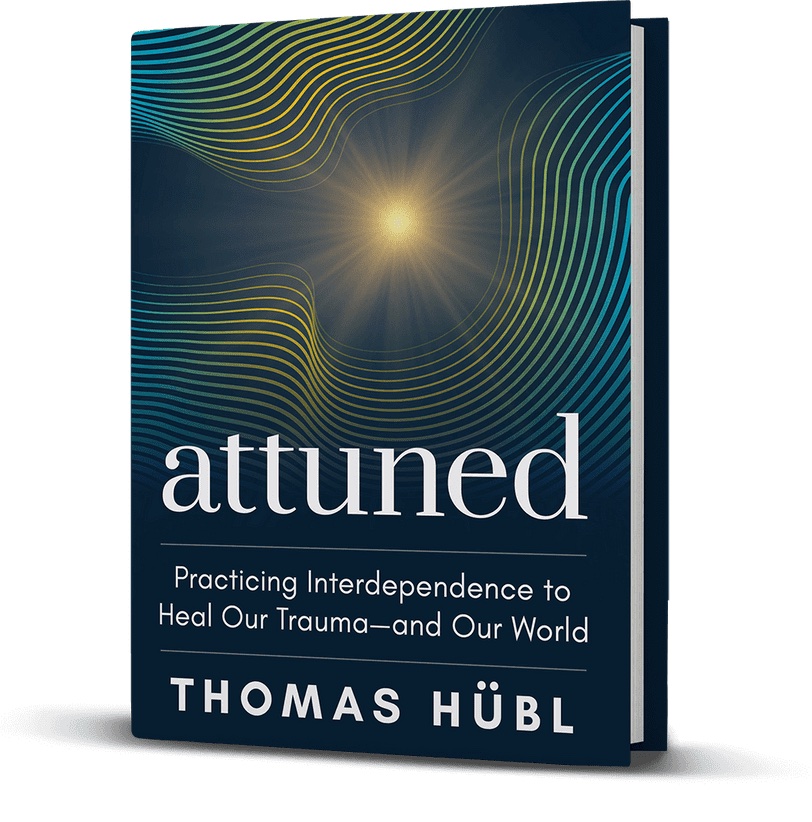international labs
Transforming Traumatizing into Trauma-Informed and Trauma-Integrating Cultures
The International Labs are online groups that go on a year-long journey together to explore and address specific thematic or geographic areas of ancestral and collective trauma. With the support of Collective Trauma Integration facilitators, we aim to deepen our awareness, understanding and digestion of collective trauma aftereffects, thus offering a contribution to the healing of the scar tissue of our collective body.
Starting in Jan 2024, each International Lab will be shaped by the specificity of the group and the content being explored. Each journey has its own quality and rhythm, which we attune and adapt to, thus shaping a unique learning experience. While our ultimate goal is to release, integrate and heal the trauma that is stored in our collective unconscious, this is a step-by-step process, carefully balancing resourcing with opening up to deeper layers.
Applications closed on 31 Dec – the labs are currently being formed. Together we create a more trauma-informed, creative global culture that has the potential for a future that is sustainable.
international labs - applications are now closed
“By slowing down and opening our nervous systems to more reflection, digestion and integration, we allow that which has been stored often over hundreds of years to slowly come to the surface and be seen.” – Thomas Hübl
Our preparatory meetings Oct - Feb 2023:
Potential for Restoration – Phases of Collective Trauma Integration with Kosha Joubert watch video here
-
The Climate Crisis & our Potential for Restoration – The Journey of the International Labs with Thomas Hübl
Where to Begin: Recommended Trauma-Informed Resources and Personal Reading
Attuned: Practicing Interdependence to Heal Our Trauma—and Our World
New Book by Thomas Hübl: In Attuned, Hübl shares a visionary guide for individuals and professionals committed to healing our struggling world.
Healing Collective Trauma – A Process for Integrating Our Intergenerational and Cultural Wounds
A Comprehensive Guide to Understanding & Healing Shared Trauma by Thomas Hübl.
six core stages of the Collective Trauma Integration Process
These serve as a loose outline or map for the journey of the International Labs:
Synchronising & Resourcing
Synchronizing body, emotions, mind and spirit and forming relational coherence as a group. Gathering our resources.
Meeting the landscape
(of collective Trauma) - Becoming aware of the absence, denial and repression of the trauma. Noticing our tendency to fragment as we touch the trauma.
Becoming a
Conduit
Beginning to bring previously absent information into our awareness. Individual & collective conditioning is voiced, expressed and witnessed.
Listening to the Field
Tracking the specificity and listening to the precise quality of individual and collective voices that arise during the process. Melting the ice.
Integrating & Restoring
Returning to synchronizing the body, emotions, mind and spirit to begin integration. Sharing and deepening our experience in small groups.
Transformation & Meta-learning
Transpersonal witnessing, reflection and integration of the process and impulses for transformative and restorative action.
For more information
The First International Lab Cycle 2020-21
The International Labs completed their first cycle from November 2020 to July 2021. There were 23 Labs, each covering a distinct area of collective trauma, and each with 20 – 65 participants.
The Lab cycle was supervised by Thomas Huebl and senior students, and led by Pocket Project facilitators. The process was accompanied by an internal evaluation and regular surveys to monitor the experience and process of participants.


